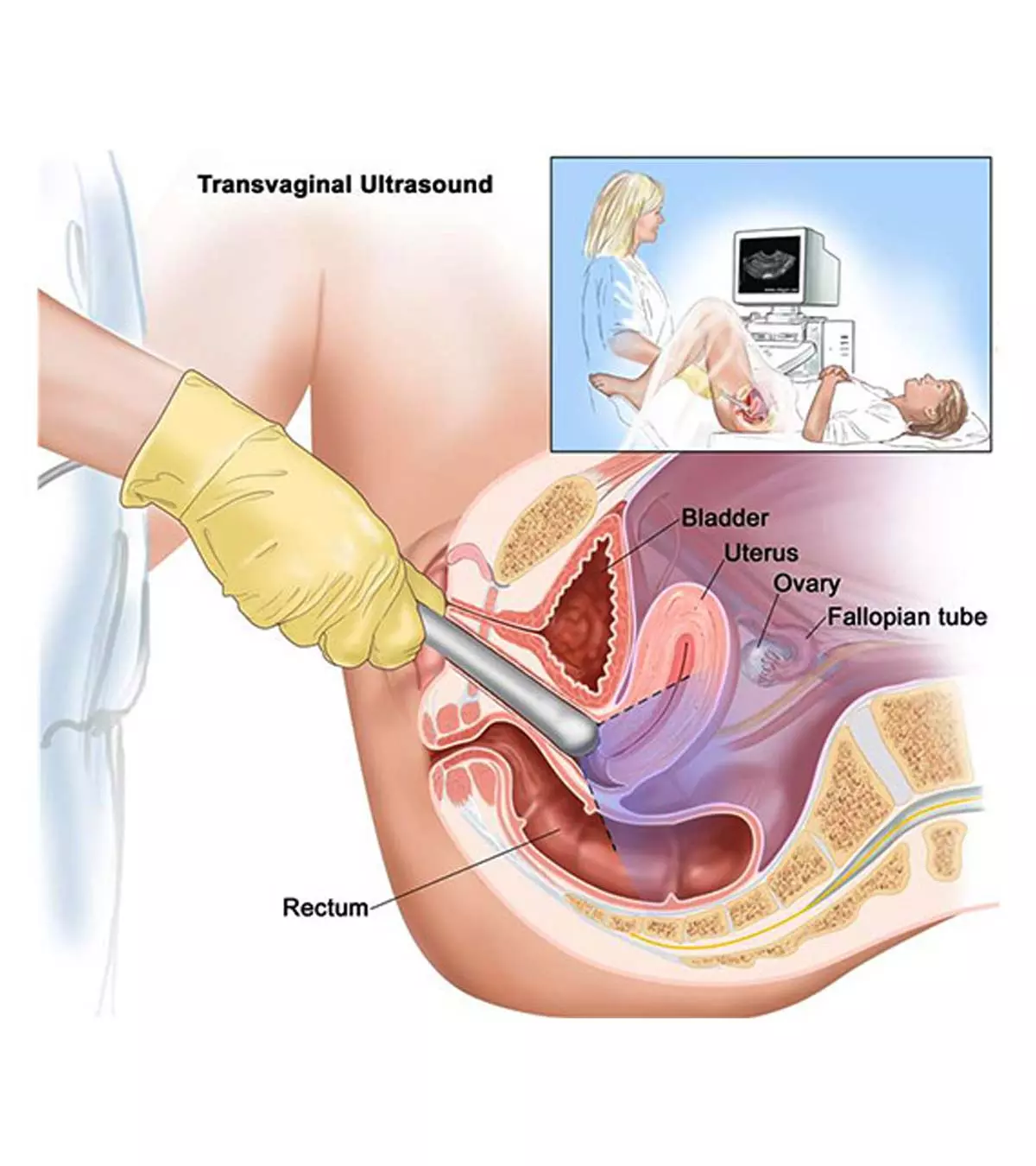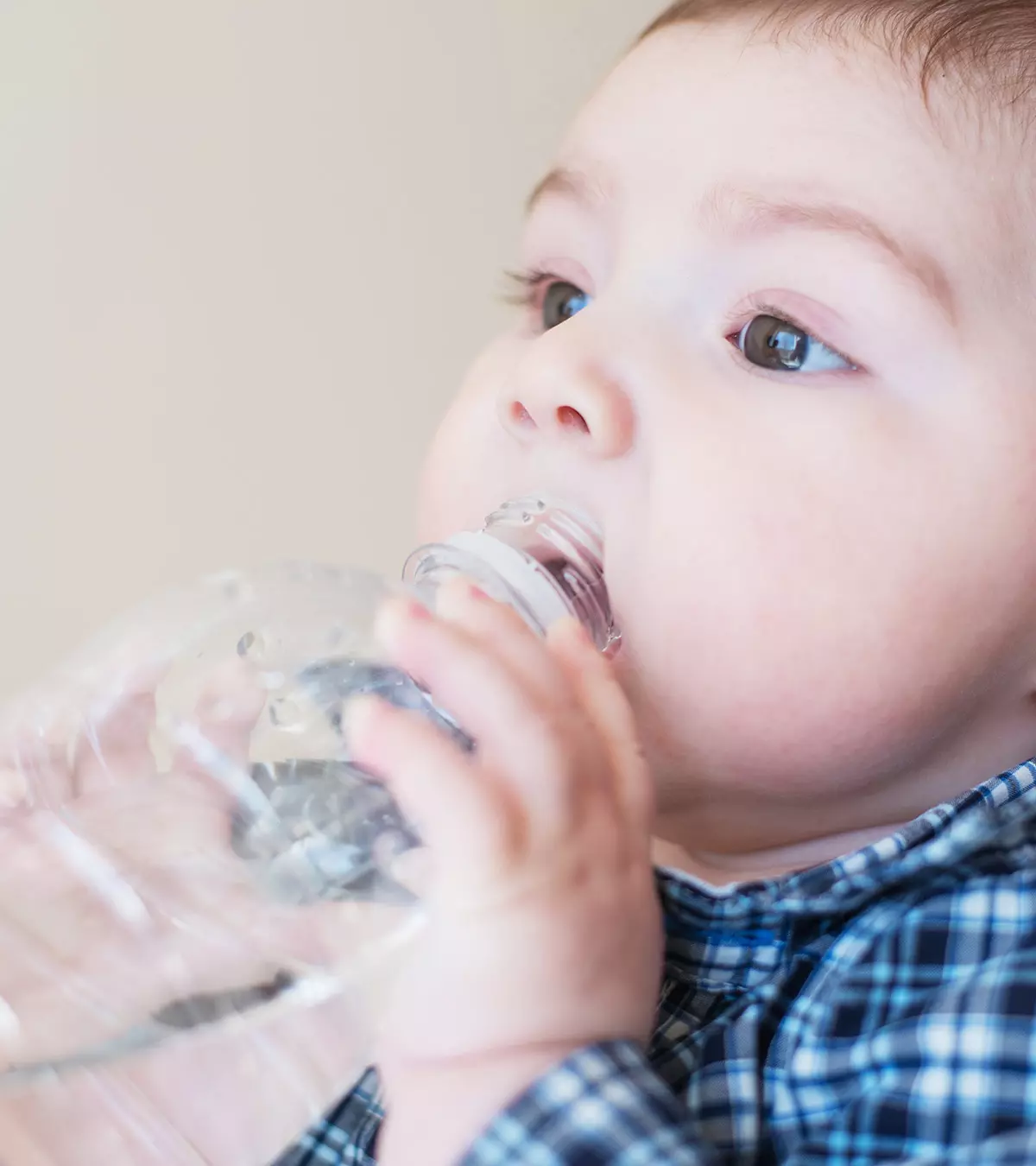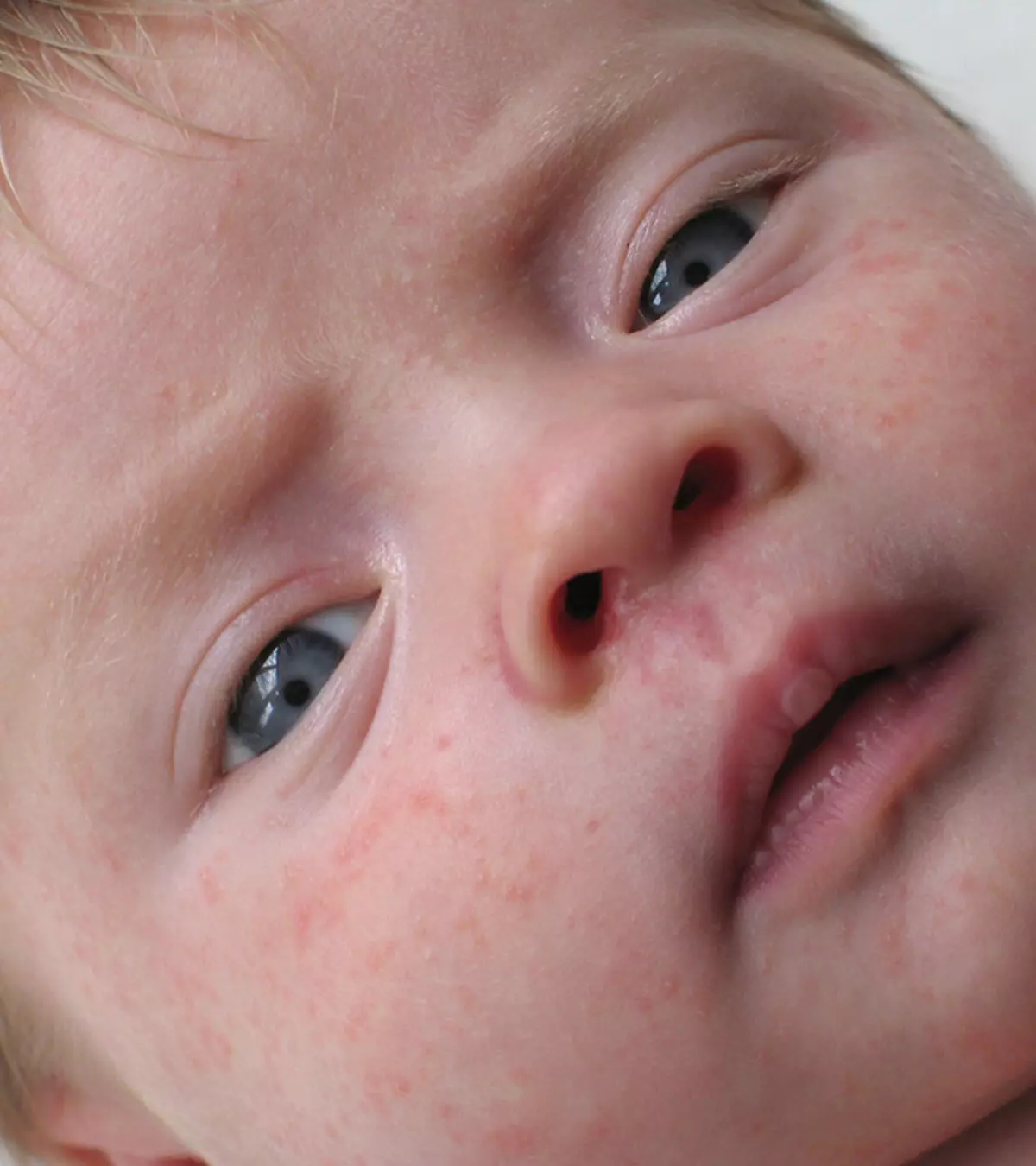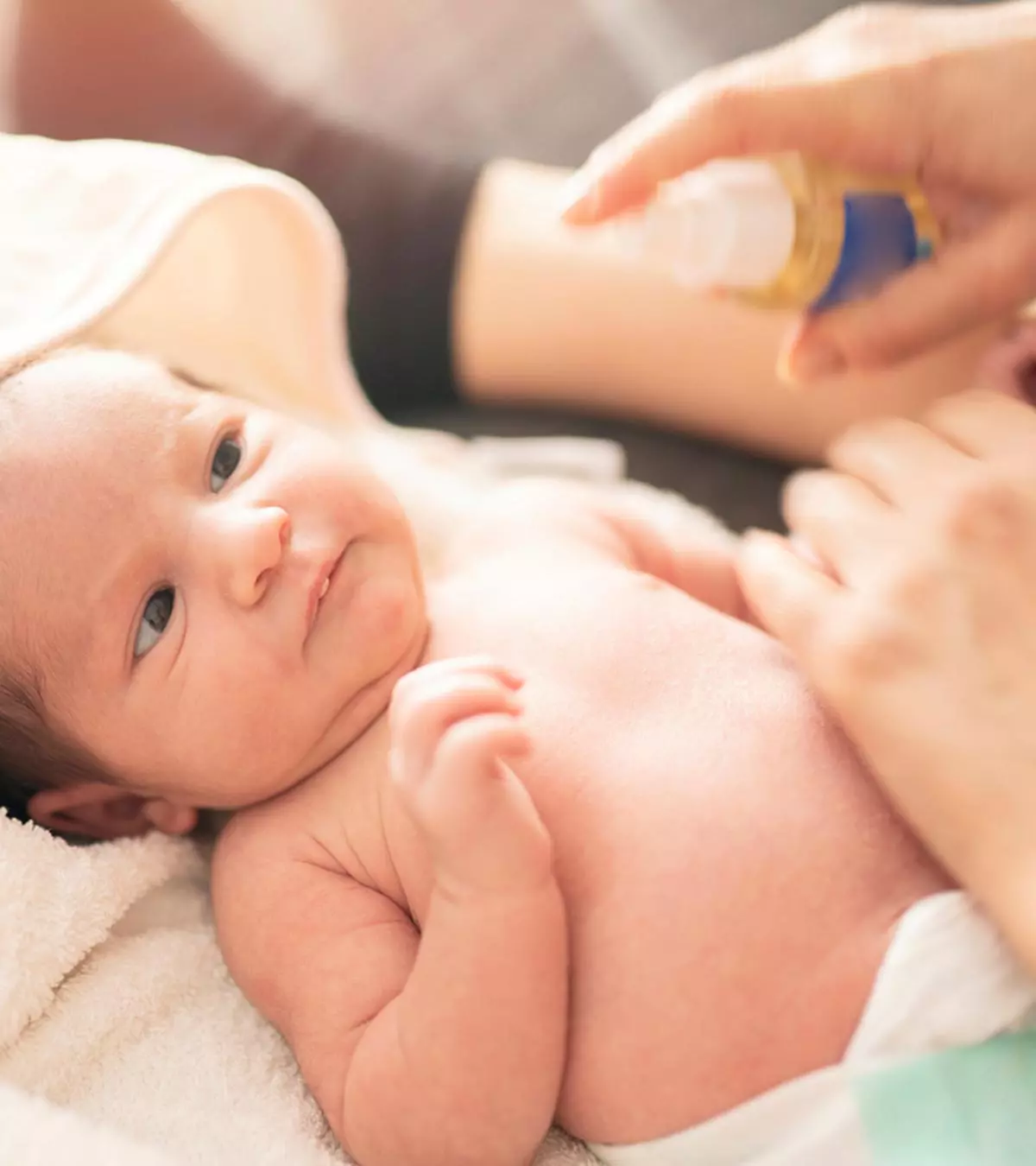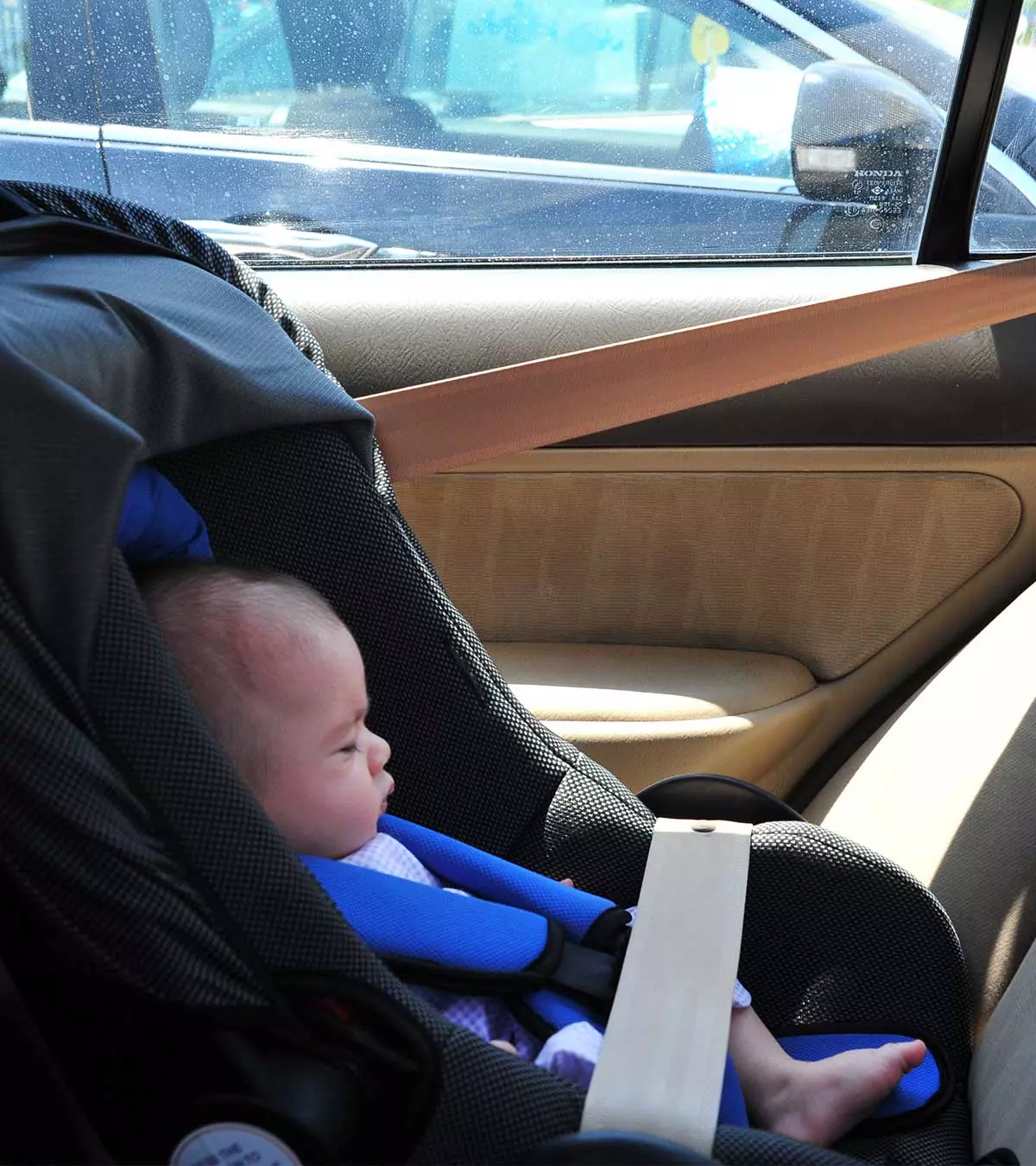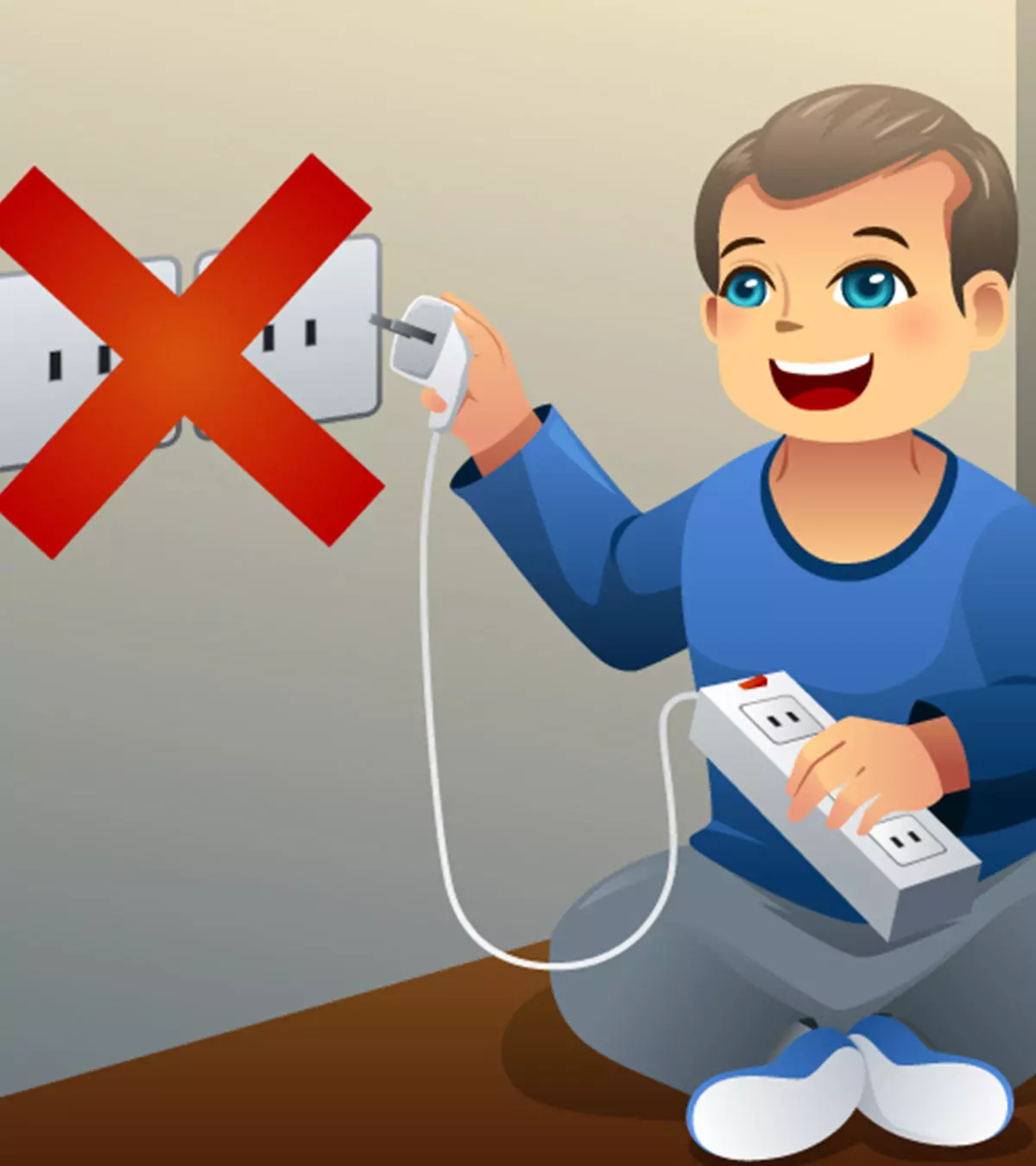
Image: ShutterStock
Electrical safety for kids is one of the unavoidable safety measures parents should take to protect their little ones.

There is nothing compared to the happiness of seeing your children running around the house, but unfortunately, the cute little explorers are unaware of the danger, and tend to pull or mouth everything on their reach.
Taking safety measures around the house is crucial, and early electrical safety education helps children understand the dangers of electricity and how to avoid common hazards. Read on to learn about the importance of taking indoor and outdoor electrical safety measures for kids at home to prevent injuries and fatalities.
Key Pointers
- 70% of the human body is made up of water, making it easy for electricity to flow through.
- It is important to ensure that electrical cords and wires are not located near gas lines or other heat sources.
- Cover open sockets within reach of children and close unused plug holes with tape.
- Keep electrical appliances and gadgets out of reach of children and avoid playing near power lines and electrical substations.
- Educate children about the dangers of electricity and supervise them when they are playing near electrical objects.
Dangers Of Electricity For Kids
It is obvious that children will be curious and may not know the dangers of electricity. Teaching them the basics of electricity and electrical hazards can keep them safe from shock. Firstly, even before you caution them with tips, you should make them understand the basics are as follows (1) :
- Electricity can cause shocks and burns in children and can even lead to mortality.
- Power or extension cords and appliances are as dangerous as electrical power lines.
- Water and electricity are a dangerous mix. Electricity can pass through water, and likewise, it can quickly pass through your body since your body contains 70% water.
- Electricity tries to get into the easiest path towards the ground.
Electrical Safety Tips For Kids
All children, irrespective of their age, should be aware of the risks associated with electricity. You should give your little one a little info about what they should avoid (2) (3).
At Home:
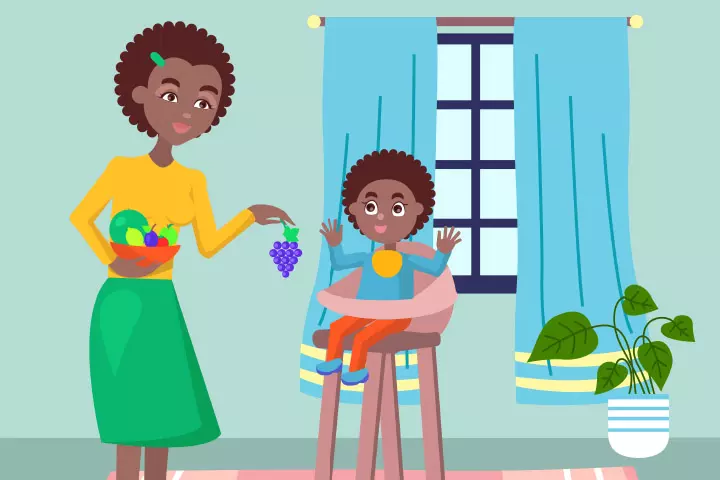
- Make sure all the electrical wires and cords are away from the gas or any other source of heat.
- Avoid having any appliance switched on and then leaving it as it is in the presence of your kid.
- Make sure you unplug the appliance before cleaning it.
- Keep small objects out of reach- children tend to plug them into the sockets.
- Cover open sockets that are within a kid’s reach. Most kids tend to stick their fingers into the outlet, which may be risky.
- Remove unused wall outlets.
- Apply tape over unused plug holes or cord holders.
- Store electrical appliances and gadgets out of reach of children.
- Never keep any appliance near a bathtub, sink, or any other water source.
In The Outdoors:
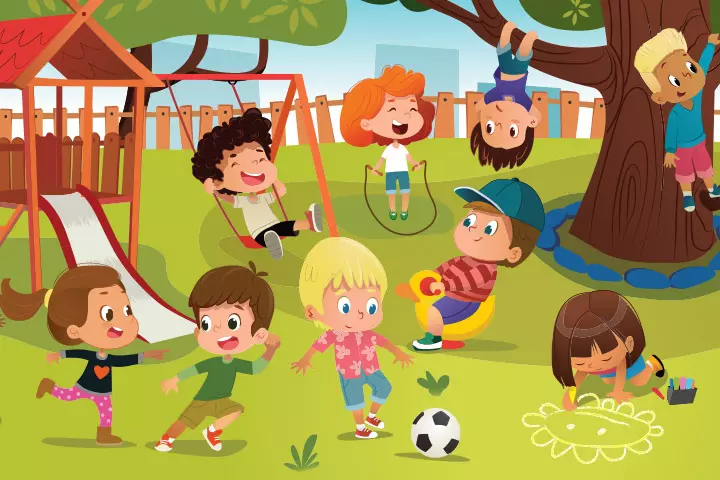
- Do not allow your little one to go near the vicinity of power lines.
- Ensure your kids are not climbing any trees which may be close to power lines as these lines conduct electricity through the branches.
- Strings of flying kites or helium filled balloons can act as conductors of electricity. Watch out for your kids when they are playing with kites in a storm or anywhere around electric cables.
- Watch out for fences which may pass electricity to ensure electric fence safety.
- Always encourage your children to play out in the open area where there are no power lines.
- If you are working with electrical equipment in the garden like a lawn mower, always use a RCD (residual current device).
- It is preferable that you supervise your kids when they play with a remote control or any other electrical devices.
- Keep your kids away from electrical substations and transformers.
- Ensure they get dry when they come out of the pool.
- Avoid usage of electrical appliances when close to swimming pools to prevent electrical shock drowning.
- Make sure they are away from utility boxes as they have various electric connections inside
- Watch out for electrical lines that may be hanging low or may be cut
- When playing ball or when playing with pets make sure your kids are not near any electric substations.
- As an adult do watch out for electric lines when using a ladder, chainsaw or other outdoor equipment.
 Quick tip
Quick tipElectrical Safety Rules For Kids
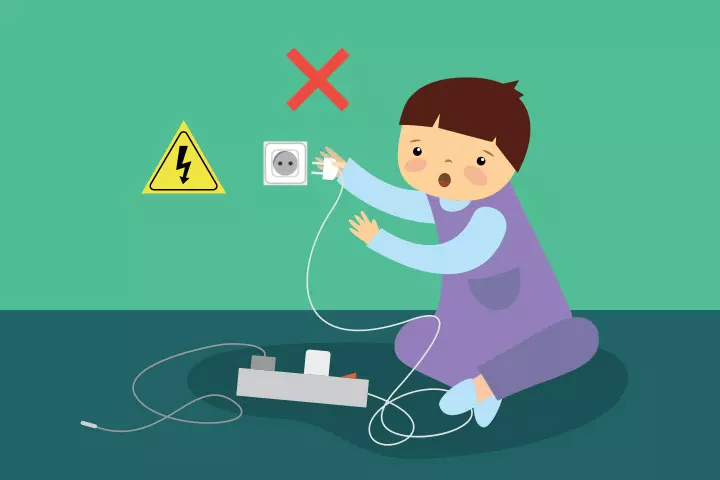
Apart from the above, here are some other tips to make sure your kid is safe in the home, even if you are not in the same room.
- Don’t leave huge appliances like the washing machine, dishwasher, the tumble dryer, and power tools on while you are not using them. Make it a point to turn off any electrical appliances when not in use.
- Keep all the cords of different appliances out of reach of your kid.
- Avoid keeping electronic items (such as a hair dryer or a mobile phone) plugged in and switched on while you are not in the same room- children tend to put these things in their mouth.
- Socket blanking plugs tend to be effective, but don’t solely rely on them for your child’s safety purpose.
- Avoid keeping drinks near electronic appliances like gaming consoles, computers, TV, stereos, and speakers.
- Make sure your kid is dry thoroughly after a bath, before they start running around and touching everything in the room.
- Avoid clogging of several electrical lines into one extension, such as a power strip, as an overload may be hazardous too.
- Hold the plug, not the cord, when unplugging something to avoid damaging the cord.
- Check electrical cords for signs of damage like fraying and cracking
- Do not pinch cords in windows/ doors or under furniture
 Quick tip
Quick tipTeaching Children About Electrical Safety
1. Talk to your kids about how electricity works
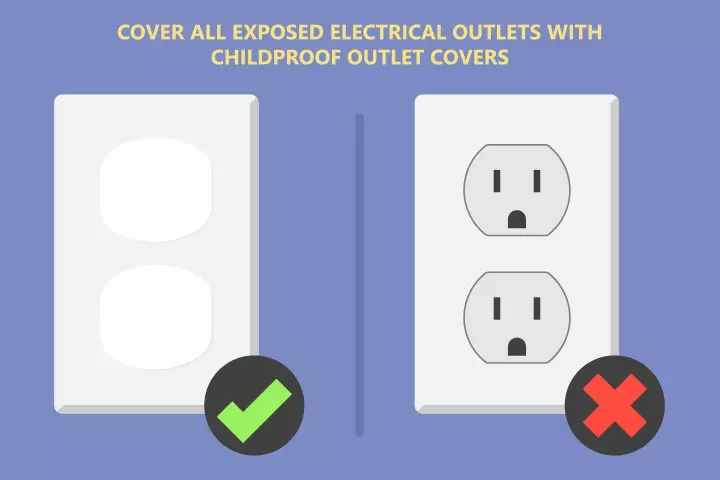
- Check for the power lines in your surroundings and teach your kids about how the power company has worked to make their lines safe.
- Ask to check for the downed lines from which they should be away.
- Take your little one around your house and tell how power passes throughout the home by wires.
- Show them how plugs function, and they should not insert anything into electrical outlets.
- Outlets can be nearly irresistible to children, hence cover any unused outlets with plastic covers so that they don’t reach (4).
2. Teach kids that water makes electricity more dangerous
- Show an example, that appliance should always be unplugged before cleaning, and any electrical device should be out of any water source.
3. Watch for overloads
- Overloaded circuits are dangerous. If your kids are plugging in many devices, make sure you check them regularly. While modern fuse or circuit breakers help, there is still a risk of fire and sparking with overloaded circuits.
- A lot has been done since the old days of electric power to improve its safety. Most homes are wired with Ground Fault Circuit Interrupters (GFCI), which cut off power to an outlet that surges or shorts out, and other safety features. In spite of this, caution is still needed. In fact, in the United States each year, electrical shock or burns injure more than 4,000 children and kill about 25 kids under age 15.
4. Hold a family meeting
- Use a session to teach how to handle electricity safely. Be aware that kids will use and apply the knowledge differently as they grow. You need to review and teach them as they age.
- With a little care and the right education and training on risk assessment, you and your little ones can utilize the power of electricity safely.
Other Child Electrical Safety Rules
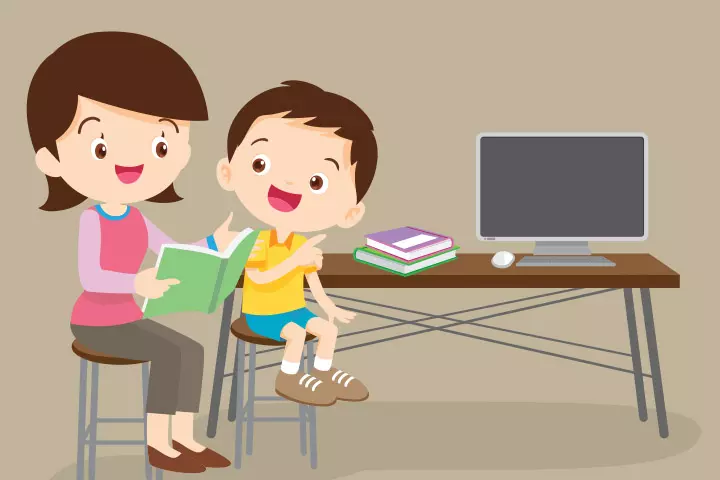
- These days there are many educational games that can be used to teach children. With the help of such games, you can teach kids some dangers when around electrical appliances.
- Use story books and good stories to explain your little one about the dangers using electrical appliances could pose, especially if used in the absence of an adult.
- Also, set an example for your kid by following proper electrical safety yourself.
Because we use electricity every day, children and adults alike may find it easy to forget how dangerous tampering with electrical equipment can be. Staying safe can be easy if you know how to handle it. Put your safety detective skills to work in and around your home to help your family prevent electrical fires!
Frequently Asked Questions
1. What should one do if a child gets an electrical shock?
If a child has experienced an electric shock, it’s crucial to have them seen by a pediatrician. Internal damage may not be evident without a medical examination. The pediatrician will treat surface electrical burns and order tests for potential harm to internal organs (1).
2. What are the dangers of using damaged electrical cords?
Damaged or ungrounded power cords can cause severe hazards to appliance users, such as electrical shock and fire (6). It’s crucial to ensure proper grounding and cord condition.
3. How can children stay safe around overhead power lines?
To stay safe around power lines, these safety rules for children should be observed. They should not climb trees or fly kites near power lines or substations, play near pad-mounted equipment, or enter electric substations. They should also seek immediate shelter during thunderstorms (7).
4. What should children do if they see someone being electrocuted?
In case of witnessing electrocution, children must not touch the person, the object causing the shock, or nearby wires. They must dial the emergency services number and report the incident (8).
Because we use electricity every day, children and adults alike may find it easy to forget how dangerous tampering with electrical equipment can be. Staying safe can be easy if you know how to handle it. Put your safety detective skills to work in and around your home to help your family prevent electrical fires. We hope this article helps you understand about electrical safety rules at home for kids and helps you make decisions for your kid’s health.
Illustration: Illustration: Electrical Safety For Kids: Rules And Teaching Tips
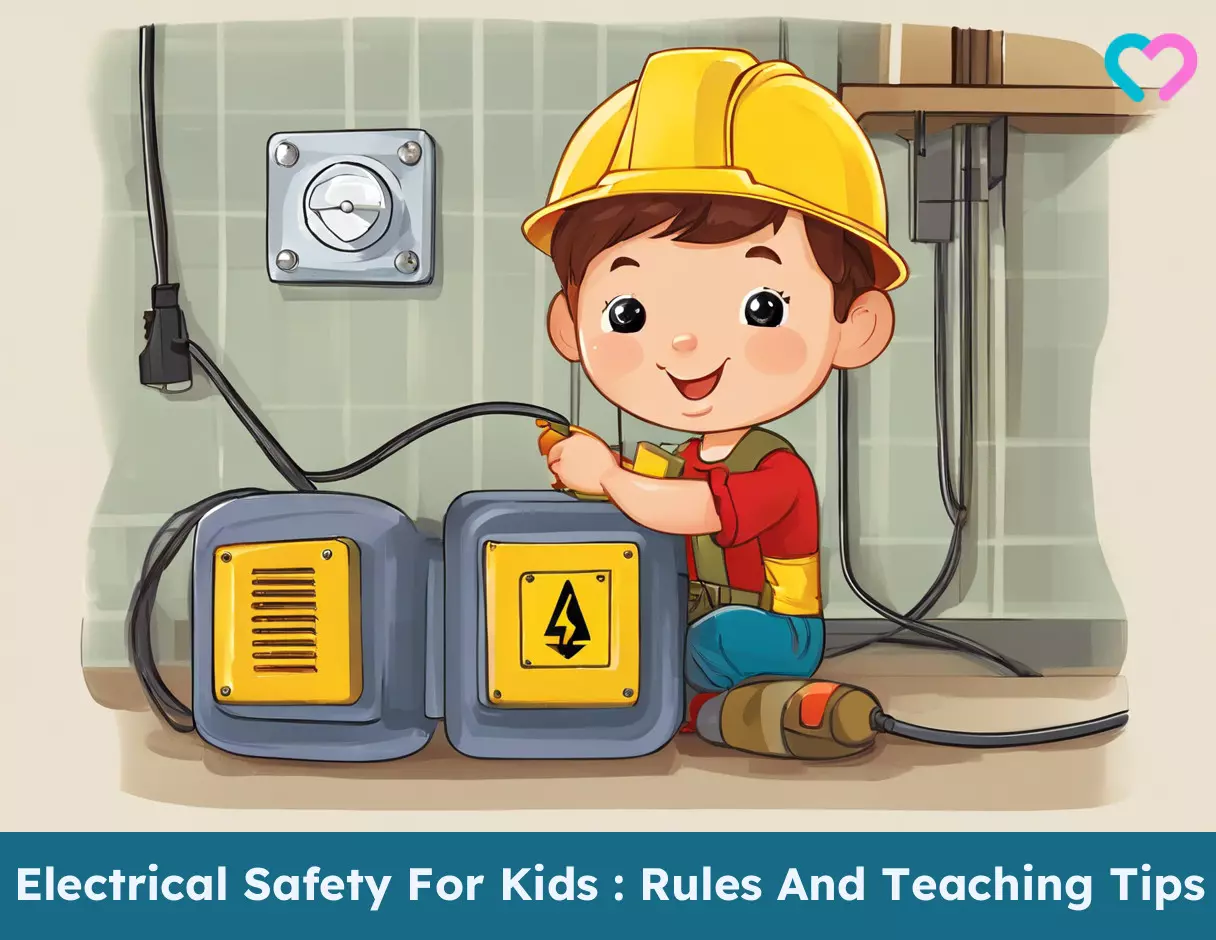
Image: Stable Diffusion/MomJunction Design Team
Infographic: Electrical Safety Tips For Children
Children are naturally curious, so teaching them about electrical safety is crucial to protect them from potential hazards. Simple guidelines can ensure their safety. The infographic below presents some simple yet valuable tips on electrical safety that you may share with your children.
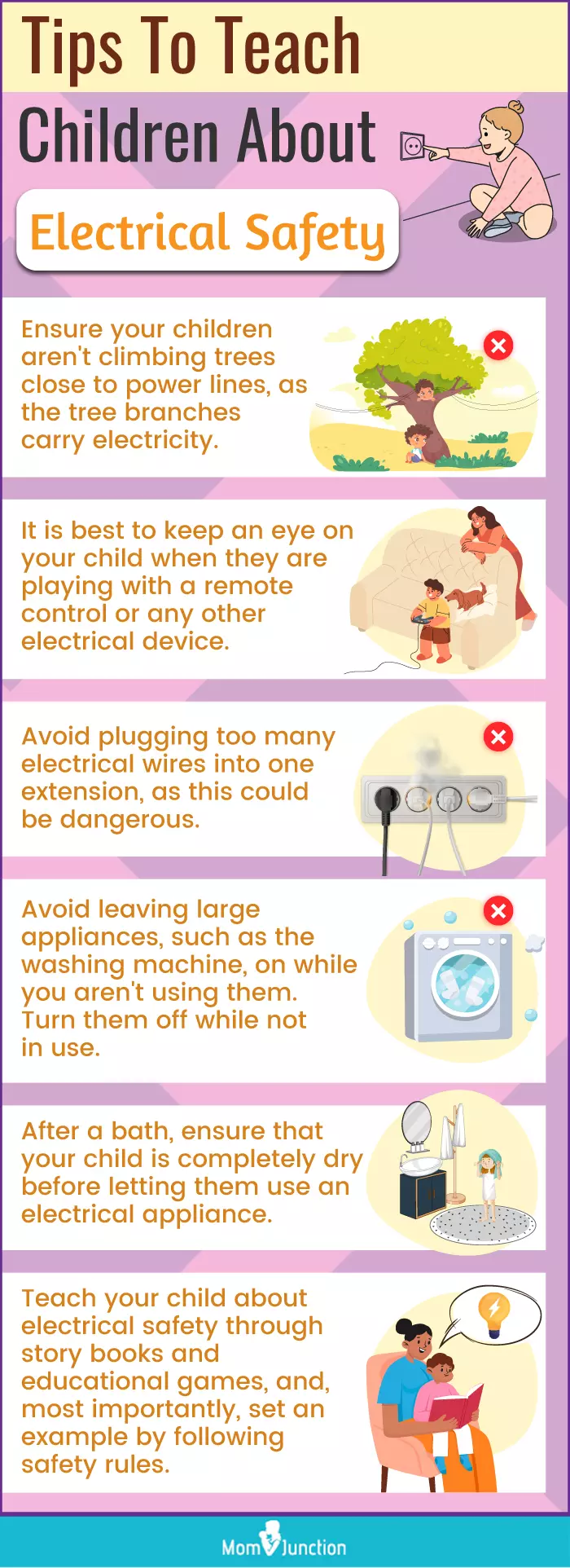
Illustration: Momjunction Design Team
Discover essential electrical safety tips to safeguard yourself around electricity, exclusively designed for curious young minds like yours in this video.
References
- Electric Shock Injuries in Children
https://www.healthychildren.org/English/health-issues/injuries-emergencies/Pages/Electric-Shock.aspx - Using Electricity Safely at Home
https://energysafekids.org/electric/students/be-safe-around-electricity/inside-my-home/# - 10 Electrical Safety Tips For Kids.
https://www.sanpatricioelectric.org/10-electrical-safety-tips-kids - Preventing Injuries From Electrical, Heating, and Cooling Systems.
https://kidshealth.org/en/parents/safety-electric.html - Talk to Children about Electrical Safety.
https://safeelectricity.org/public-education/tips/talk-children-electrical-safety/ - OCWR – Damaged Power Cords
https://www.ocwr.gov/publications/fast-facts/damaged-power-cords-know-your-electrical-supply-cord/ - Talk About Electrical Safety with Your Children
https://safeelectricity.org/public-education/tips/talk-about-electrical-safety-with-your-children/ - Electric shock – low voltage current
https://www.sja.org.uk/get-advice/first-aid-advice/minor-illnesses-and-injuries/low-voltage-electrocution/
Community Experiences
Join the conversation and become a part of our nurturing community! Share your stories, experiences, and insights to connect with fellow parents.
Read full bio of Dr. Dur Afshar Agha
Read full bio of Harshita Makvana
Read full bio of Swati Patwal
Read full bio of Kavita Kankani








